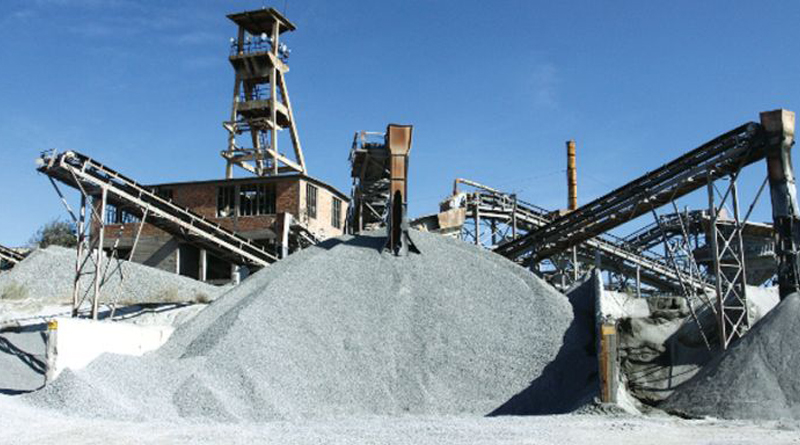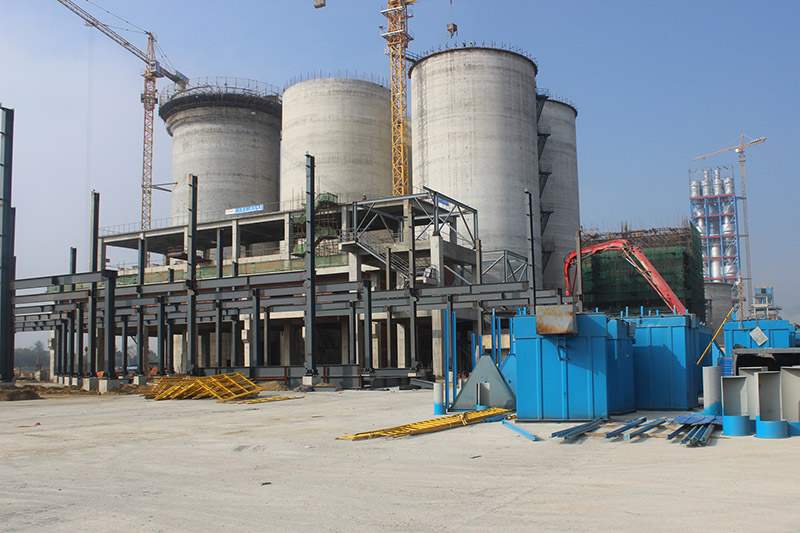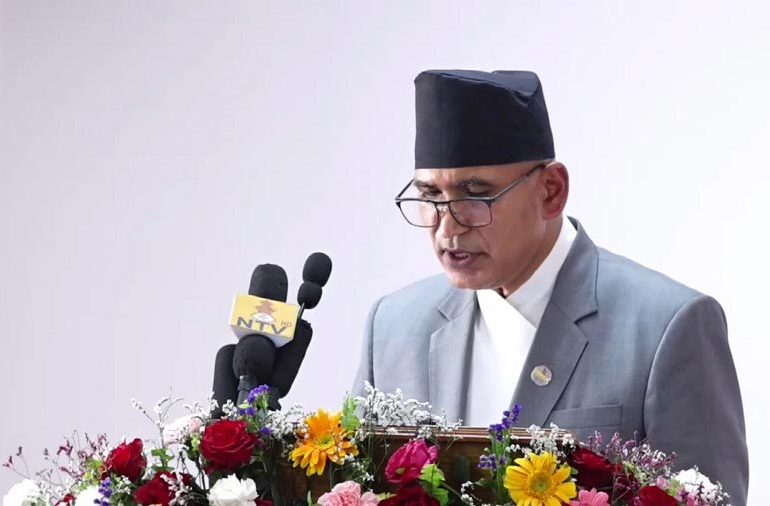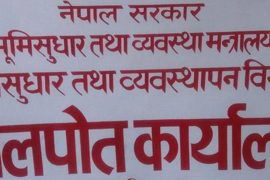While constructing roads in hilly areas, the government has decided to use domestically produced cement and rods. The Finance Minister, Bishnu Poudel had made such announcement when presenting the budget for the coming fiscal year 078/79. Cement and rod industrialist seems to be stirred by this announcement. Also, Nepalese Chambers of Commerce and Industry (FNCCI) has urged for speedy implementation of the use of local cement and rods while constructing roads.
While constructing roads in hilly areas, cement is used from walling to paving. As the roads are usually steep and curvy, just the use of asphalt and ballast weakens it. Thus, people use cement, rods and ballast to make it stronger.
The Work Has Already Been started!
Recently, the construction of roads in various part of the country has already started. From the wall of the road to sewer and slope construction, cement is widely used. As the government has given priority to local raw materials, industrialists believe that such industries will flourish.
According to Dhrub Thapa, president of the Nepal Cement Producers Association, 65 cement industries have come into operation across the country. In addition to this, some large industries are preparing to start production. These industries produce 20 million metric tons of cement annually. However, at present, the annual production of cement in the country is 10 million metric tons.
Similarly, there are 25 small and medium scale industries in the country with an annual production capacity of 3 million metric tons. However, the market demand is only 1.3 million metric tons. As the use of rods in road construction will be increased, the industries will also operate at full capacity.

‘Make in Nepal’ & ‘Made in Nepal’
The government has also announced to launch ‘Made in Nepal’ and ‘Make in Nepal’ campaigns in the recent budget announcement. They will collaborate with the private sector for mass production, marketing, use and export of local goods. The government has a strategy to become self-sufficient in construction materials including cement and rods. They also plan to promote and export these raw materials.
Similarly, 75 percent of the construction cost will be reimbursed if the access road and transmission line required for the industries are constructed by the investors themselves.
The budget also mentions about the excavation process of iron mines of the country. Commercial production is scheduled to start from Dhauwadi Iron mine in Nawalparasi next year. Chairman of Saurabh Group, Bishnu Neupane says, “Billet industry should be established after the start of iron ore mining in the country.”
He is currently in the final stage of setting up an industry to produce 300,000 metric tons of billets annually in Parwanipur, Bara.

Hope you like the article. If you are about to sell, buy or rent any real estate materials , you can always visit basobaas.com.
To read more blog like this. Click here. Don’t forget to share in your socials.






